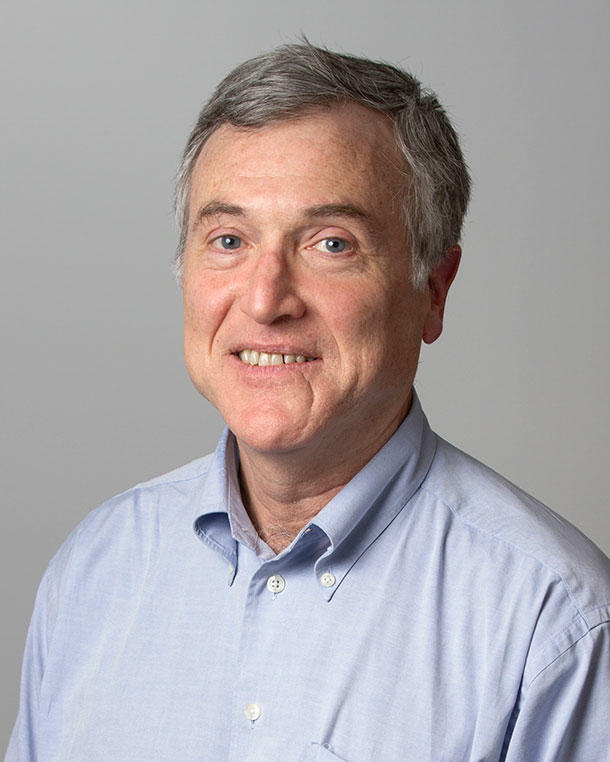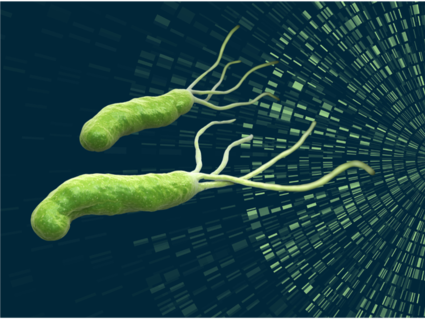
Charles Rabkin, M.D.
NCI Shady Grove | Room 6E110
Biography
Dr. Rabkin earned an Sc.B. and M.D. from Brown University and an M.Sc. in epidemiology from the London School of Hygiene and Tropical Medicine. He received postgraduate training at the University of Colorado and is board certified in internal medicine and preventive medicine. Before coming to the NCI, he was an Epidemic Intelligence Service Officer and a medical epidemiologist at the Centers for Disease Control and Prevention. He has received Public Health Service (PHS) Commendation and Unit Commendation Medals for his studies of non-Hodgkin lymphoma and Kaposi sarcoma and the Outstanding Service Medal for the molecular epidemiology of Helicobacter pylori and HIV-related malignancies.
Research Interests
Chronic infection and inflammation are associated with increased risk of many types of cancer. My research is directed toward understanding the molecular mechanisms underlying these associations, particularly for gastric cancer and non-Hodgkin lymphoma. The overarching objective is to increase etiologic understanding and diminish burden of disease.
Gastric cancer
My work in gastric cancer encompasses four sub-projects on the pathogenic microbes, modifying host factors, molecular pathologic features, and intermediate markers with potential for screening of gastric cancer and pre-neoplastic lesions. I have a particular focus on the Epstein-Barr virus (EBV) as a co-factor with Helicobacter pylori, the established cause of most cancers of the noncardia stomach. Viral coinfection is present in 8-10 percent of gastric cancers worldwide, and I lead an international consortium studying EBV's etiologic and clinicopathologic significance.
Another major effort is the H. pylori Genome Project (HpGP), a collaboration with the Metabolic Epidemiology Branch and an international team of experts to comprehensively catalog genetic and epigenetic variation of this important pathogen. Our goal is to identify bacterial characteristics associated with long-term outcome by comparing isolates from patients with gastric cancer or advanced premalignant lesions with isolates from controls with benign infection (superficial gastritis) from high- and low-incidence populations in multiple countries. In other studies, I have implicated autoimmune gastritis as an emerging etiology underlying changing trends in cancer incidence. I am currently pursuing this novel hypothesis using multiple approaches, including examinations of administrative databases and testing for autoantibodies in prospective cohort studies.
Non-Hodgkin lymphoma
Non-Hodgkin lymphoma is a neoplasm of the effector cells that mediate adaptive immunity. I study the acquired and inherited abnormalities of immune cells that may contribute to their malignant transformation. AIDS-related lymphoma represents a particularly informative model, given its high incidence in defined populations under close medical supervision. To advance research efforts in this area, we have launched AIDSLymph, a consortium investigating associations and risk factors for lymphoma in patients with advanced HIV infection, in collaboration with the North American AIDS Cohorts Collaboration on Research & Design (NA-ACCORD).
Press Contacts
To request an interview with NCI researchers, contact the NCI Office of Media Relations.
ncipressofficers@mail.nih.gov | 240-760-6600
